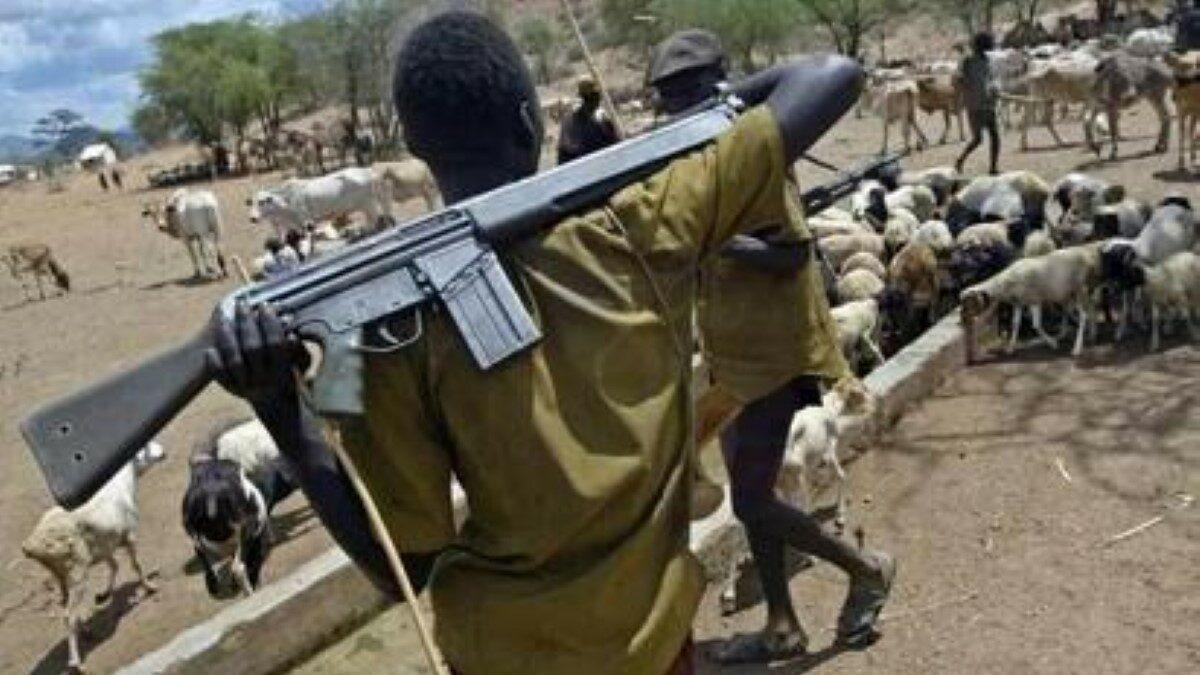GUARDIAN
By Abiodun Ramon Oseni
I am appealing to Nigerian citizens, political party leaders, traditional leaders, religious leaders, the Nigerian government, the Economic Community of West African States (ECOWAS) bloc, the African Union (AU), and other international organisations to investigate the present electoral situation in Nigeria and call for peace and transparency before it’s too late.
The Independent National Electoral Commission (INEC) has been accused of their lack of transparency and the rigging of the presidential election, including the INEC’s process of ballot collation and the announcement of results for each state. International observers such as the European Union have also criticised the INEC’s lack of transparency.
In Nigeria, the People’s Democratic Party (PDP), the Labour Party, and other political parties have criticised the issue of voter intimidation in parts of the country by the ruling party, the All Progressives Congress (APC). Opposition parties stated that the INEC has failed by not following the Electoral Act, citing Section 60 of the Electoral Act, which provides that “the presiding officer shall, after counting the votes at the polling unit, enter the votes scored by each candidate in a form to be prescribed by the Commission as the case may be.”
The steps below are summarised from The Electoral Act:
(i) Electronically transmit or transfer the result of the polling unit, direct to the collation system as prescribed by the Commission.
(ii) Use the BVAS to upload a scanned copy of the EC8A to the INEC Result Viewing Portal (IReV) as prescribed by the Commission.
(iii) Take the BVAS (Bimodal Voter Accreditation System) and the original copy of each of the forms in a tamper evident envelope to the registration Area/Ward Collation Office, in the company of security agents.
In addition, “The Polling Agents may accompany the Presiding Officer to the RA/Ward Collation Centre.”
However, the INEC went ahead to declare Bola Tinubu, the APC presidential candidate, the winner. The major opposition parties, led by Peter Obi of the Labour Party and Atiku Abubakar of the PDP went straight to court to contest the pronouncement and the issuing of Certificate of Return to Tinubu. Former Nigerian president, Olusegun Obasanjo also expressed the belief that the INEC Chairman, Professor Mahmood Yakubu has compromised his integrity by conducting a dubious election.
Nigeria has returned to democracy since 1999 from military rule, and since then, we have been rejoicing. This is not because the Nigerian democracy is perfect, but there is a common saying within the West African people that “the worst civilian government is better than the best military rule.” I am not saying that the Nigerian military are planning to take power from the civilian government at this critical and sensitive time in the life of Nigeria, however, the present actions and the body language of our politicians remind me of the 1964 electoral situation as the political parties and their leaders believed that the electoral process was full of rigging and lacked transparency. The lack of transparency led to public protests and riots, which resulted in the Nigerian military taking the opportunity to seize power in order to restore peace and maintain unity in the country.
A study by US researchers, Jonathan Powell and Clayton Thyne, has identified over 200 coup attempts in Africa since the 1950s. About half of these have been successful – defined as lasting more than seven days. Nigeria is also part of these statistics with its first military coup in 1966, and the last military rule in 1998.
We have recently seen the resurgence of military rule in the West African subregion. Some of these include the military coup in Mali, in Guinea, and in September 2021 after the death of Chad’s leader, Idriss Déby. The army installed his son as interim president, leading a transitional military council. His opponents called it a “dynastic coup.” In September 2021, the United Nations Organisation Secretary-General, António Guterres voiced concern that “military coups are back,” due to disunity amongst the international community in response to military interventions.
We have common enemies of terrorists, banditries, and other forms of insecurity in the West African subregion. I trust that the Nigerian military are not interested in intervening in Nigerian politics, but my major concern is that this current political atmosphere is beginning to look like the event that laid the foundation for Nigeria’s bloody coup of 1966 – the opposition parties also complained in the same manner, of election rigging and lack of transparency, then followed by bloody riots. Currently, there are waves of military coups in West Africa, and any major crisis that will affect Nigeria’s democracy might affect the whole of West Africa and Africa as a whole. I call on every peace-loving individual, NGOs, and regional and international organisations to focus on Nigeria’s presidential election for the sake of peace and transparency.
I am not representing any group, country, state, or organisation. I am just representing myself.
• Abiodun Ramon Oseni is a former Police officer and United States army veteran with specialisation in international security from Harvard University.


